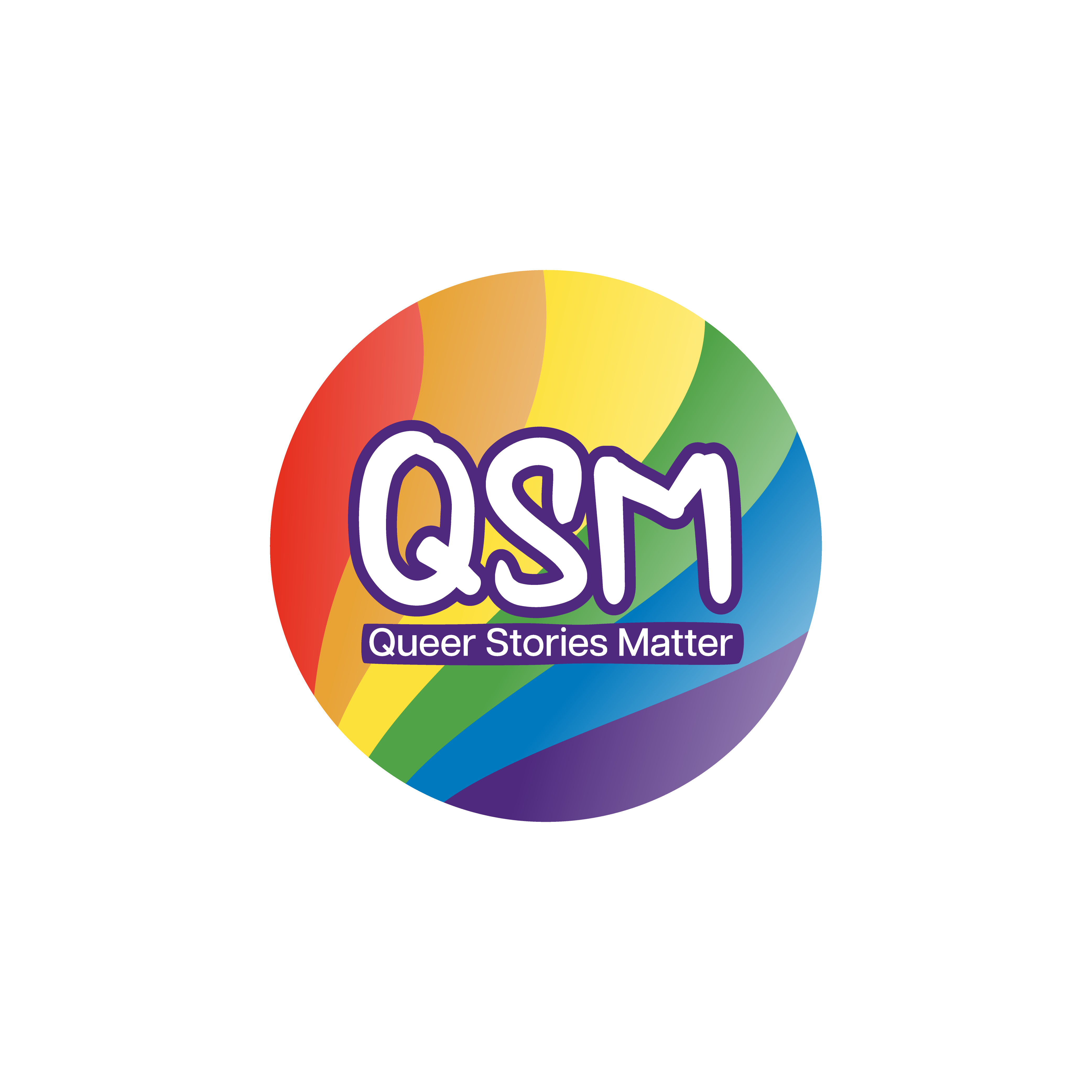I’m launching the first “feature series” on this website, which aims to explore the experiences of LGBTI+ people (and our allies) with religion, faith, church, and spirituality.
LGBTI+ people’s relationship with religion is, let’s say, strained. The three Abrahamic religions – Judaism, Christianity, and Islam – and their followers are usually (very) negative towards us.
Among the countries that criminalise same-sex relations, the majority are Muslim and/or former colonies of the British Empire, which had introduced Christianity to them. The other widely-practised global religions, such as Hinduism, Buddhism, and Confucianism, may not have been so violent towards us but are not friendly either.
We’ve all seen – personally or in film and media – religious conservatives disrupting prides or other LGBTI+ community events and holding signs like “Jesus hates gays”, “You’ll burn in hell”, and so on.
Furthermore, religion is generally associated with “traditional values” and the heterosexual family and for many religious people, our very existence is sinful and an abomination. Thus, many LGBTI+ people are understandably apprehensive of religion and religious people.
There are, however, LGBTI+ people who profess a religion or belong to a church. They may feel that their LGBTI+ community rejects or stigmatises them for their religious affiliation and that their faith community rejects or stigmatises them because of their sexual orientation or gender identity. In other words, religious LGBTI+ people may feel forced to hide an important part of their lives and identities in both communities and struggle to feel open and accepted by either one of them.
The aim of this “Love Thy Neighbour” series is to provide a space for LGBTI+ people (and allies) to share their experiences – good or bad, personal or community – with faith, religion, church, and spirituality. My hope is that this will lead to a better understanding and acceptance in the LGBTI+ community of religious community members, and perhaps even a better understanding and acceptance of LGBTI+ people among religious communities.
I’m inviting LGBTI+ people (and allies) to share stories about faith, religion, church, and spirituality. Those who wish to contribute may address one or more of the following questions:
- What is your religion or faith or what church do you belong to? When did you join, why, how? (If you’d like, you can speak about spirituality and how this intersects with your LGBTI+ identity)
- What is the general view of people who belong to this religion or faith towards LGBTI+ people?
- If you belong to a faith-based community (such as a church but not only), do the members of this community know about your LGBTI+ identity? If yes, how did they learn, how they view it? If not, why not?
- Does your LGBTI+ community (i.e. friends, including online community) know about your faith or religious affiliation? If yes, how did they learn, how do they view it? If not, why not?
- Do you sometimes notice LGBTI+ people mocking or disparaging religion and religious people? If yes, how does that make you feel?
- Do you try to educate either your LGBTI+ community or religious community that the two are not mutually exclusive? How do you do this?
- If you’re a Christian, what is your understanding of the phrase “traditional Christian values”? Do you think you possess them and if yes, what are these values?
I also welcome contributions from people who would like to share stories of how religion or religious people have hurt them.
You can send a short essay (recommended length is between 800 and 2,000 words but that’s not a must) to [email protected] or via the Contact form. If you can’t write or don’t feel like writing, you can also send an audio file, or I’d be happy to conduct an interview with you.

